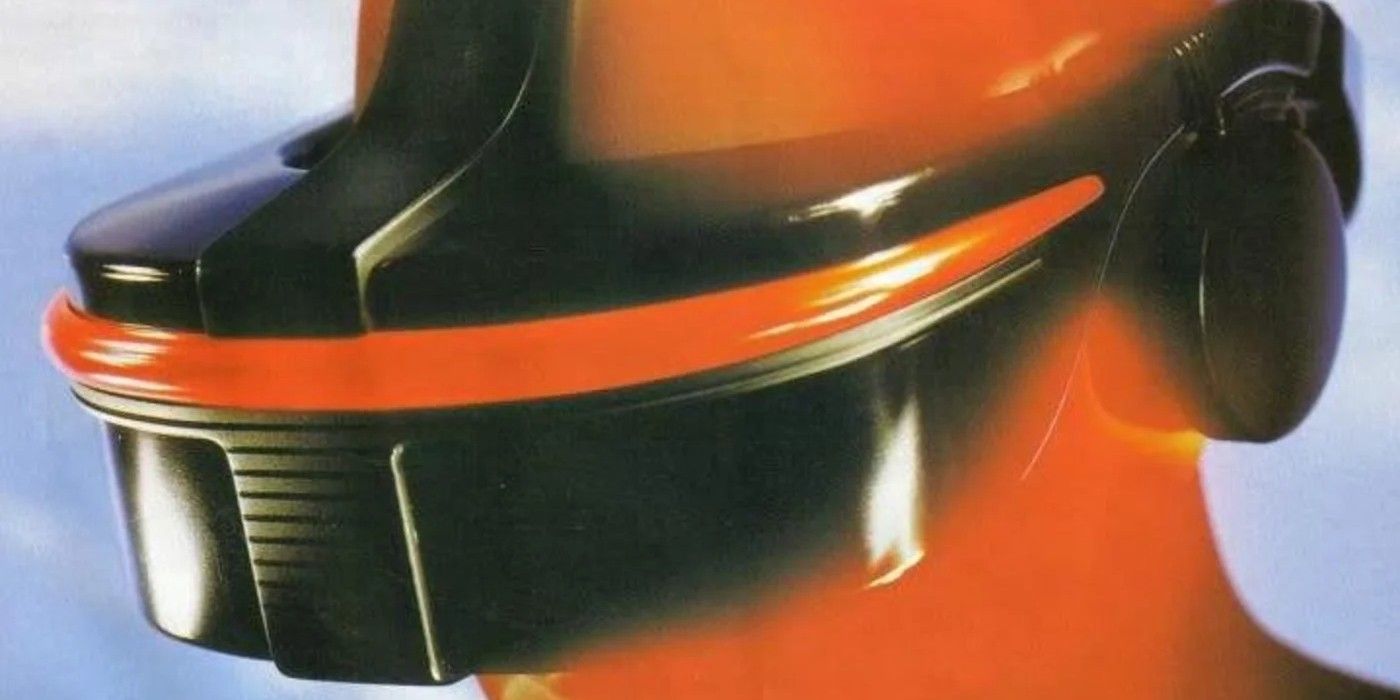During the 90s, Sega was at the peak of its popularity as a console manufacturer and publisher thanks to the success of the Sega Genesis and titles such as Sonic the Hedgehog and Streets of Rage. As a result of its popularity, the company experimented with many console add-ons such as the Sega CD and 32X. What many fans don't know is that, even in the early 90s, Sega was planning a virtual reality headset which was unfortunately canceled.
The virtual reality headset, tentatively titled "Sega VR," was to be yet another add-on to the Sega Genesis and would utilize many of the core design philosophies of many modern VR headsets such as PlayStation VR and the Oculus Quest. Actually, the console would have pre-dated PlayStation VR as the very first console VR headset by 23 years. The headset would have launched at a reasonable price point of $200. Many journalists who went hands-on with the console in 1993 claimed that the experience caused dizziness and and a high risk of injury, leading Sega to cancel the project soon after.
Now, after a major undertaking by the Video Game History Foundation, the very first official emulator for Sega VR has been released and is playable on PC compatible headsets such as the HTC Vive. The emulator utilizes OpenVR, a tool allowing it to be compatible with almost every retail PC VR headset.
The emulator was reverse engineered from a copy of the canceled 1993 VR title Nuclear Rush, which is currently the only playable title on the emulator, with copies of both the emulator and the game's source codes available to download from the foundation's website.
The release of this emulator and the source code of Nuclear Rush is yet another milestone discovery from the Video Game History Foundation, who just yesterday also released the source code for the 1990 LucasArts classic The Secret of Monkey Island, which revealed many early concept art and designs for the game. Both discoveries are triumphs in video game preservation, which is what the foundation is dedicated toward.
Source: Video Game History Foundation

